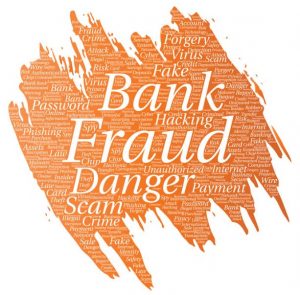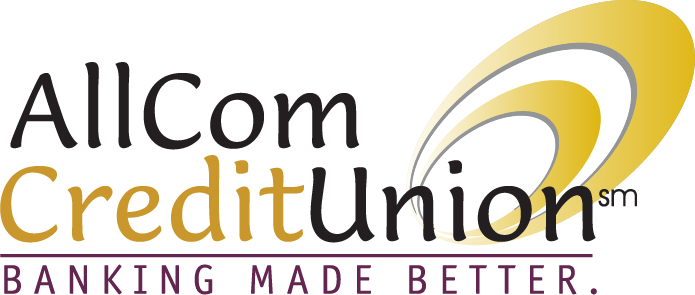Banking scams involve attempts to access your account. Some of the more common scams include:

- Overpayment scams – A scam artist sends you a counterfeit check. They tell you to deposit it in your account and wire part of the money back to them. Since the check was fake, you’ll have to pay your financial institution the amount of the check, plus you’ll lose any money you wired.
- Unsolicited check fraud – A scammer sends you a check for no reason. If you cash it, you may be authorizing the purchase of items or signing up for a loan you didn’t ask for.
- Automatic withdrawals – A company sets up an automatic debit from your bank account, as part of a free trial or to collect lottery winnings.
- Phishing – You receive an email message that asks you to verify your bank account or debit card number.
How to Protect Yourself
Remember these tips to avoid being a victim of a banking scam:
Do
- Be suspicious if you are told to wire funds from a check back to a company.
- Be wary of lotteries or free trials that ask for your account number.
- Verify the authenticity of a cashier’s check with the financial institution that it is drawn on before depositing a check.
- When verifying a check or the issuer, use contact information on a bank’s website.
Don’t
- Don’t trust the appearance of checks or money orders. Scammers can make them look legitimate and official.
- Don’t deposit checks or money orders from strangers or companies you don’t have a relationship with.
- Don’t wire money to people or companies you don’t know.
- Don’t give your bank account number to someone who calls you, even for verification purposes.
- Don’t click on links in email to verify your bank account.
- Don’t accept a check that includes an overpayment.
Report Banking Scams
The proper organization to report a banking scam to depends on which type you were a victim of.
Report fake checks you receive by mail to the US Postal Inspection Service.
Report counterfeit checks to the Federal Trade Commission, either online or by phone at 1-877-382-4357.
Contact your financial institution to report and stop unauthorized automatic withdrawals from your account.
Forward phishing emails to the Federal Trade Commission at spam@uce.gov.

